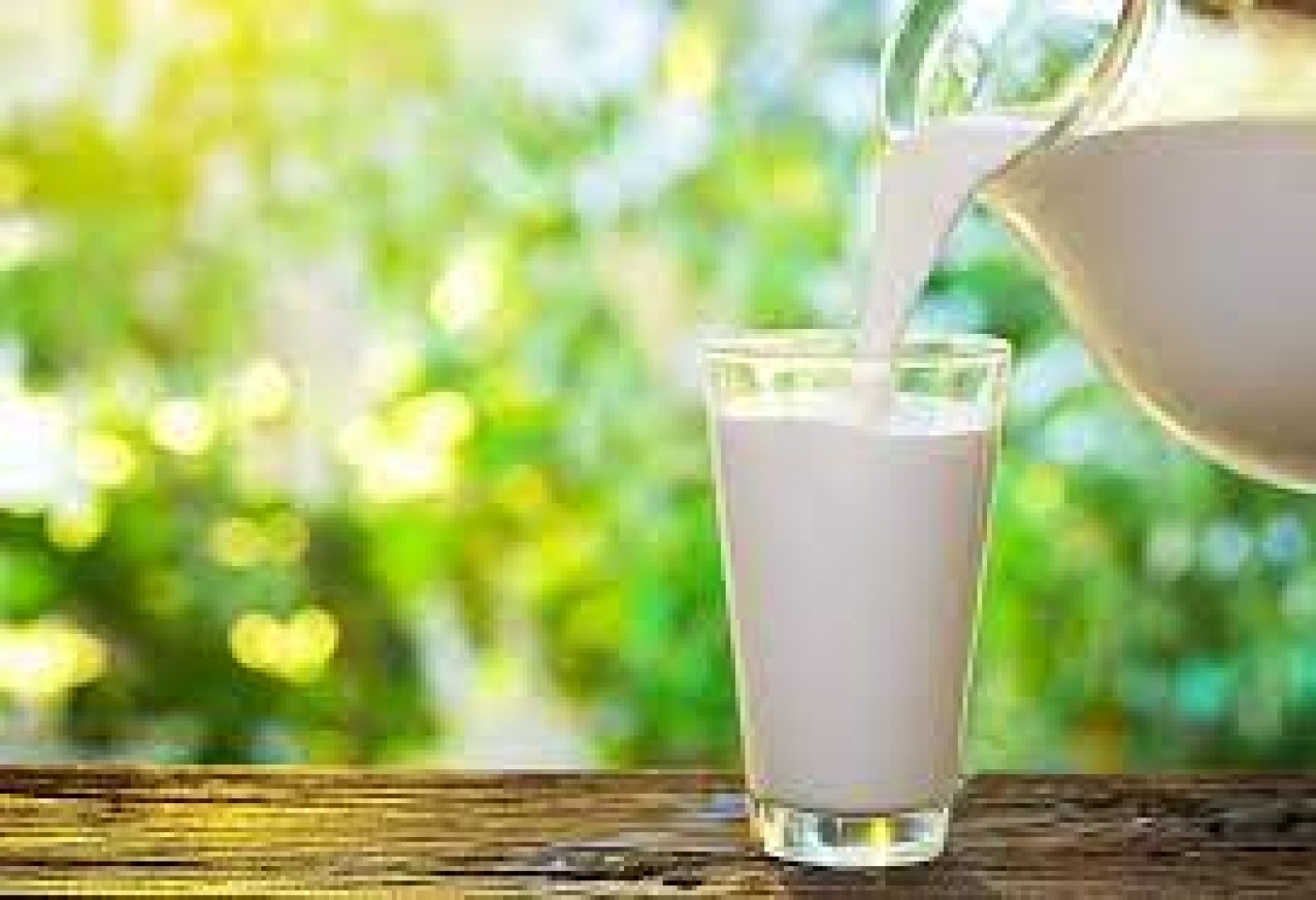In Nigeria, bone diseases are common. According to data, more than 1.5 million cases of osteoporosis are diagnosed in Nigeria every year. Osteoporosis refers to a condition in which bones become weak and brittle, and bone loss occurs without symptoms. Consequently, most people are unaware of their deteriorating bone health.
However, the good news is that drinking milk regularly can help prevent osteoporosis and bone fractures and even help one maintain a healthy weight. Milk has always been a healthy drink because it is an excellent source of vitamins, minerals, and many other nutrients which are usually under-consumed by many.
However, although milk is a good choice for many, some people cannot tolerate it because they are unable to digest lactose, a sugar found in milk and dairy products (dairy products are products containing or made from milk). It is suggested that such people stick to unsweetened varieties of milk, to limit the amount of added sugar in their diet. Some examples of non-dairy milk alternatives include soymilk, oat milk, almond milk, and others.
For those able to tolerate milk, however, consuming high-quality milk and dairy products has been proven to provide a number of health benefits.
The benefits include the following:
Good for bones: Milk is the topmost food source of calcium and Vitamin D for children and adults. Calcium is an essential nutrient for strong bones, muscle movement and nerve signals. Vitamin D increases the body’s ability to absorb Calcium. Sunlight is an excellent source of Vitamin D. Other sources of Vitamin D include: eggs, salmon, mushrooms, fortified milk and some yogurts.
Helps in building strong teeth: Milk strengthens our teeth because it contains a high amount of calcium. Lactose also helps prevent cavities and tooth decay.
Promotes muscle health: Drinking milk is associated with a lower risk of age-related muscle loss. Also, several studies have demonstrated that drinking milk after a workout can decrease muscle damage, promote muscle repair, increase strength and decrease muscle soreness.
Rich in protein: Your body requires proteins that can help in cell repair and immunity boosting.
Promotes heart health: The potassium in milk may help with heart health. Getting more potassium and reducing sodium (salt) intake can lower blood pressure thus reducing the risk of heart disease and stroke.
Reduces depression: A quote by one Nischita Nibedita says, “A glass of milk a day keeps black thoughts away.” Yes, adequate levels of Vitamin D in milk support the production of serotonin; a hormone people associate with mood, appetite and sleep. Manufacturers often fortify cow’s milk and plant milk with Vitamin D. So, this can help to reduce depression.
Boosts metabolism: Milk boosts metabolism and keeps you satisfied for a longer period.
Reduces risks of obesity: Whole milk can be added to your diet. With its high protein content, it can curb cravings for junk food for a long time which will aid in your fitness strategy to burn fat.
Fights multiple diseases: Researchers have discovered that milk helps in preventing many diseases.
Stress buster: Milk soothes muscles and nerves and has a calming effect on you.
Prevents heartburns: There are foods acidic in nature that can cause heartburn. Milk gives a calming effect that coats the stomach lining and oesophagus from causing heartburn.
Good for the skin: Milk makes the skin look young, soft and glowing. This is because it contains retinol, a known anti-aging and skin-restoring antioxidant. Besides, milk’s Vitamin D is also an anti-aging vitamin, thanks to its anti-inflammatory effects and protection from ultraviolet rays.
Now that we know that milk has a wide range of benefits, how much milk should we consume daily? There is no hard and fast rule, but too much of anything is not advisable. For adults, two full glasses of milk a day – once in the morning and before bed– will provide an adequate amount of nutrients. For children below 12 years of age, two 250ml glasses of milk a day should be sufficient. And, of course, babies require regular milk intake, as it is their sole source of nutrients. It is vital to note that milk has healthy types that can benefit us. It is advised that we choose low-fat or non-fat milk, whole milk or skimmed milk.
The prices of milk and other dairy products have increased, along with other food items in the market mostly due to inflation. So, I appeal to the various manufacturers of dairy products in Nigeria to consider reducing the prices of milk and other dairy products in order for many people to afford them.
Source: healthwise







